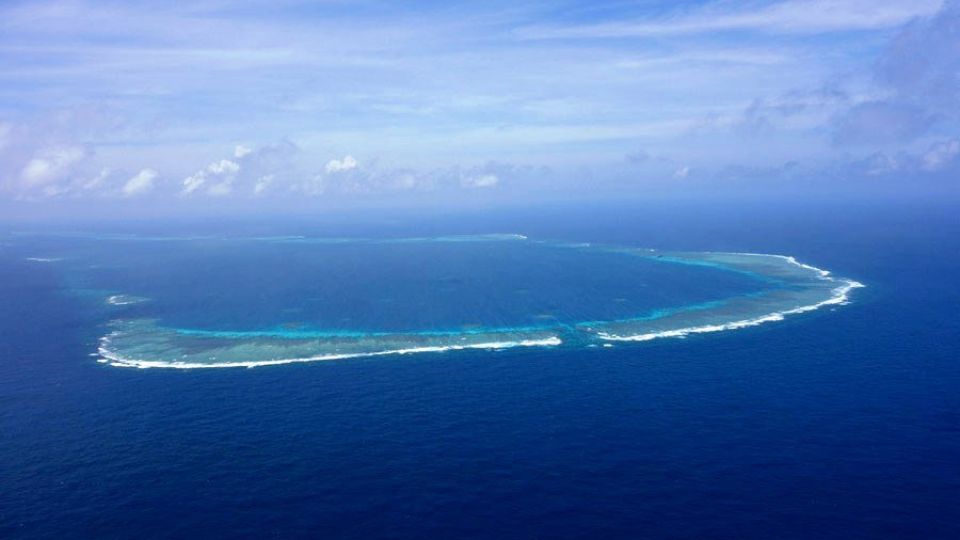January 29, 2024
BEIJING – The Philippine side should show genuine sincerity in resolving the South China Sea dispute through dialogue and consultation with China, analysts said on Sunday, noting that the Southeast Asian nation is adopting a two-sided strategy in the region, taking into consideration its domestic and international politics.
On Saturday night, the China Coast Guard responded to the recent airdropping of supplies by the Philippines to a stranded military ship in the South China Sea. It accused the other side of “maliciously hyping” the situation.
According to a statement from the China Coast Guard, on Jan 21, a Philippine small plane airdropped supplies to the “illegally grounded “military ship at Ren’ai Reef.
Gan Yu, a spokesman for the China Coast Guard, said that the coast guard closely monitored the situation, handled it according to the law and regulations, and “made temporary special arrangements “for necessary daily supplies.
He said that relevant Philippine parties disregarded facts, maliciously hyped the situation and deliberately misled international opinion, which is unhelpful for easing tensions in the South China Sea.
“We urge the Philippine side to stop infringing on China’s sovereignty. The China Coast Guard will strengthen law enforcement around Ren’ai Reef and its adjacent waters to resolutely defend national sovereignty and maritime rights and interests,” he said.
It is worth noting that the Philippine action happened just four days after China and the Philippines held the eighth meeting of the China-Philippines consultation mechanism on the South China Sea in Shanghai.
During the meeting, both parties reiterated that the South China Sea dispute does not make up the entirety of bilateral relations and agreed to further improve the maritime communication mechanism and handle maritime emergencies effectively, especially the situation around Ren’ai Reef, according to a news release by the Foreign Ministry.
Liu Lin, a professor of international strategy at the Party School of the Communist Party of China Central Committee, said the Philippines’ recent comments and actions show that it is adopting a dual strategy in dealing with the South China Sea issue.
“The Philippines maintains communication with China while continuing to supply its warship grounded at Ren’ai Reef,” she said. “This is mainly a posture that the Philippines wants to display. On one hand, the Marcos administration needs to show domestically that it hasn’t been intimidated by China’s previous law enforcement activities, and on the other, it needs to send a signal to China that it hasn’t been dissuaded.”
Additionally, the United States has been continuing to incite the Philippines, hoping to use the South China Sea issue to contain China, Liu said.
The Associated Press recently reported that in mid-January, Philippine fishermen fishing near China’s Huangyan Island encountered law enforcement activities by Chinese coast guard vessels. The Philippine Coast Guard publicly hyped up this incident.
Zhang Junshe, a military commentator, said it’s typical sensationalism by the Philippines, attempting to gain international sympathy.
However, Zhang emphasized that China has indisputable sovereignty over Huangyan Island and Nansha Islands, including Ren’ai Reef and their adjacent waters, backed by ample historical and legal evidence.
Therefore, the China Coast Guard would certainly conduct protection and law enforcement activities strictly in the area and would not yield, he said.
Recent Philippine actions have indicated that it is not showing genuine sincerity in engaging in dialogue and consultation with China to resolve the South China Sea issue, he added.
Professor Liu said that the actions of the Philippines, whether in Huangyan Island or Ren’ai Reef, would reduce mutual trust between the two sides and increase the risk of misjudgment.
“Dialogue and consultation are the right choices for the Philippines, as there is still much room for cooperation in China-Philippines relations,” she said.


